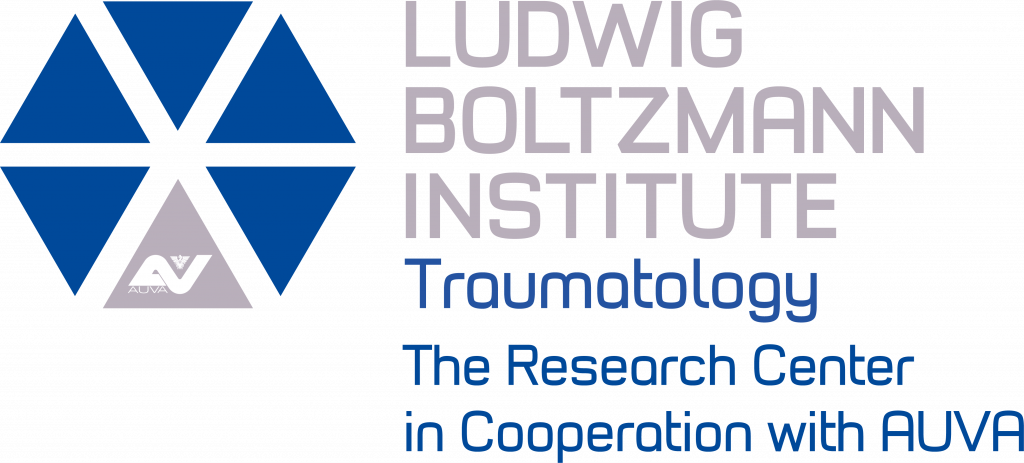
Ludwig Boltzmann Institute for Traumatology
The research center in cooperation with AUVA
The LBI Trauma is a research institute of the Ludwig Boltzmann Society and located within the AUVA Center for Trauma Research. Its mission is to improve diagnostic and therapeutic measures in trauma care with a specific focus on the areas of intensive care and tissue regeneration.
Cluster Coordinator: Heinz Redl
Neuro Regeneration: David Hercher
Soft Tissue Regeneration & Imaging: Paul Slezak
Bone Regeneration: Regina Brunauer
Cartilage Regeneration: Sylvia Nürnberger
Tissue Engineering and Rejuvenation: Johannes Grillari
Cell Biology: Susanne Wolbank
Vascular Biology: Wolfgang Holnthoner
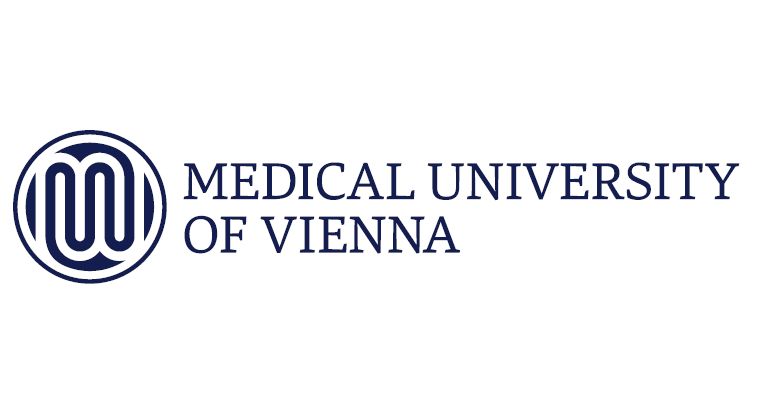
Medical University of Vienna
The Medical University of Vienna is one of the oldest medical schools in the world and one of Europe’s top level research institutions. The university provides Europe’s largest hospital, the Vienna General Hospital, with its medical staff. Teaching, research and clinic are the main pillars that the university is built on.
Cell Sorting: Andreas Spittler
High-field MRI: Siegfried Trattnig
Trauma Surgery: Silke Aldrian
Cartilage Regeneration: Sylvia Nürnberger
Nerve Regeneration: Christine Radtke
Vascular Grafts: Bruno Podesser, Helga Bergmeister
Anatomical Imaging: Wolfgang Weninger
3D Biomedical Engineering: Francesco Moscato
Skin Aging: Florian Gruber

University Clinic of Dentistry
The University Clinic of Dentistry is a teaching and research institution for dental medicine. It is a subsidiary of the Medical University Vienna.
Dental: Andreas Moritz
Competence Center Oral Biology: Reinhard Gruber
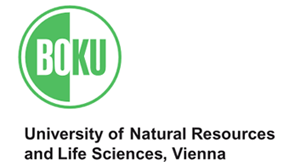
University of Natural Resources and Life Sciences Vienna (BOKU)
The University of Natural Resources and Life Sciences Vienna (BOKU) is a teaching and research center for renewable resources. It connects natural sciences, engineering and economic sciences and aims at contributing to the conversation and protection of resources for future generations.
Cell Aging: Johannes Grillari
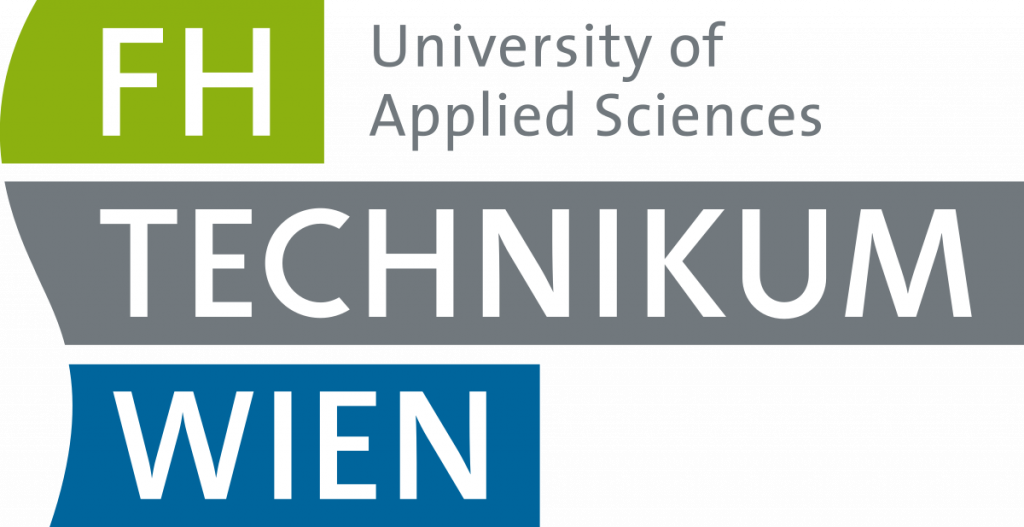
University of Applied Sciences Technikum Wien
The University of Applied Sciences Technikum Wien is a research-oriented institution of higher learning. It was the first University of Applied Sciences in Austria and is now Austria’s largest purely technical University of Applied Sciences. A strong emphasis both in teaching and research is put on the combination of theory and practical application.
Structural protein-derived Biomaterials & Bioreactors in Tissue Engineering: Andreas Teuschl
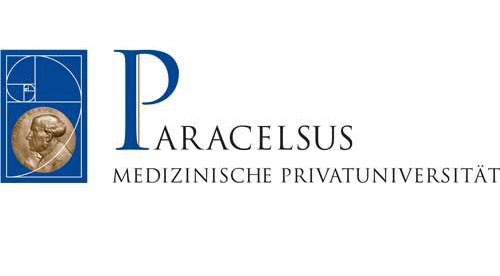
Paracelsus Medical Private University Salzburg
The Paracelsus Medical Private University is organized as a private foundation with locations in Salzburg and Nuremberg. Teaching, research, and patient care are the main pillars of the university. A special focus is put on clinical research to provide the best possible health care with the latest methods.
Tendon STEM: Andreas Traweger
Central Nervous System: Ludwig Aigner
Exp. Neuroregeneration: Sébastien Couillard-Després
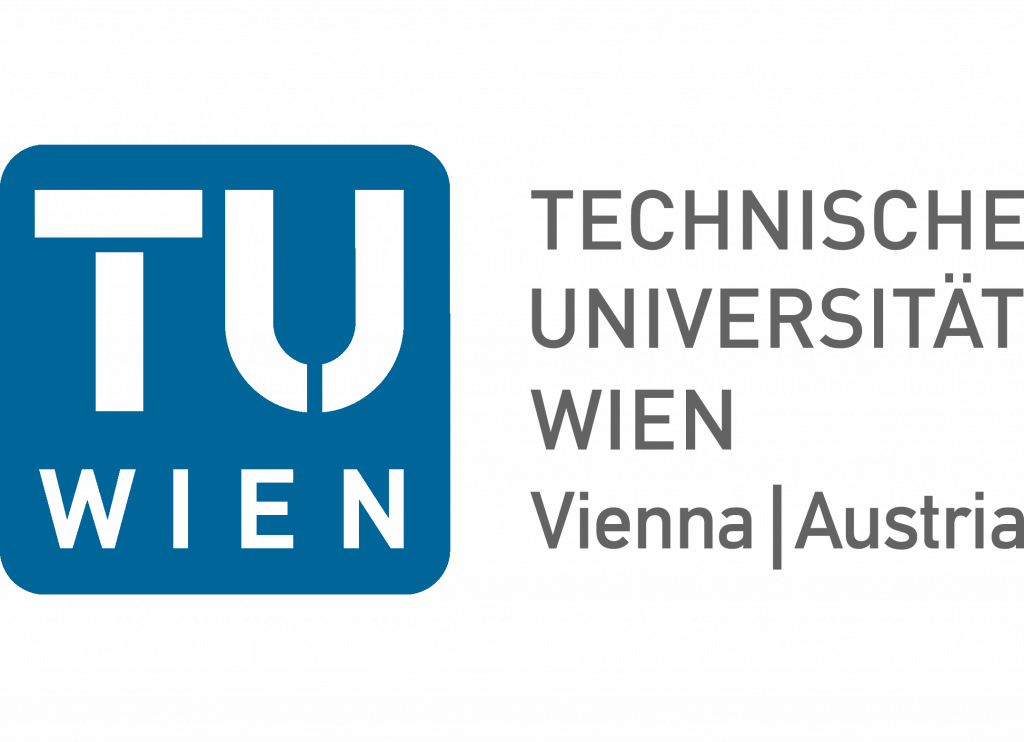
Technical University Vienna
The Technical University Vienna is Austria’s largest research and education institution in the scientific and technological spectrum. The university follows the mission “technology for people” and aims at developing scientific and educational excellence. It is the leading Austrian university regarding the number of Austrian patents.
Material Printing: Jürgen Stampfl
Mathematical Modeling: Christian Hellmich
Polymers: Robert Liska
Microfluidics: Peter Ertl
MS-Imaging: Martina Marchetti-Deschmann
Experimental Biomechanics: Philipp Thurner
Molecular Microscopy: Gehard Schütz
3D Bioprinting: Aleks Ovsianikov
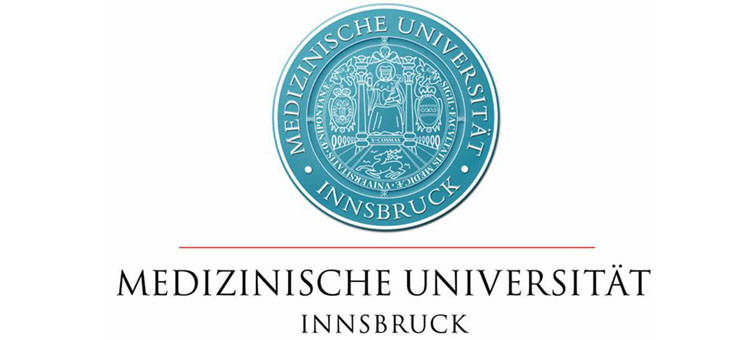
Medical University of Innsbruck
The Medical University of Innsbruck is a teaching and research institution that aims at being the leading center of medicine in Western Austria. Science, research, teaching, and patient care are the core tasks that the university focuses on.
Extracorporeal shock wave treatment: Johannes Holfeld
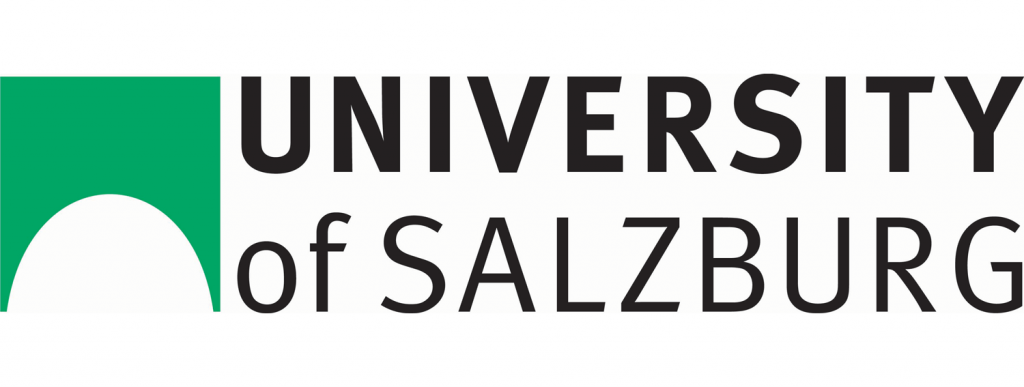
Paris Lodron University of Salzburg
The Paris Lodron University of Salzburg is a teaching and research institution that was founded by Prince Archbishop Paris Lodron in 1622. The university emphasizes on research-oriented teaching and nationally and internationally recognized research as well as social objectives.
Aging STEM: Günter Lepperdinger
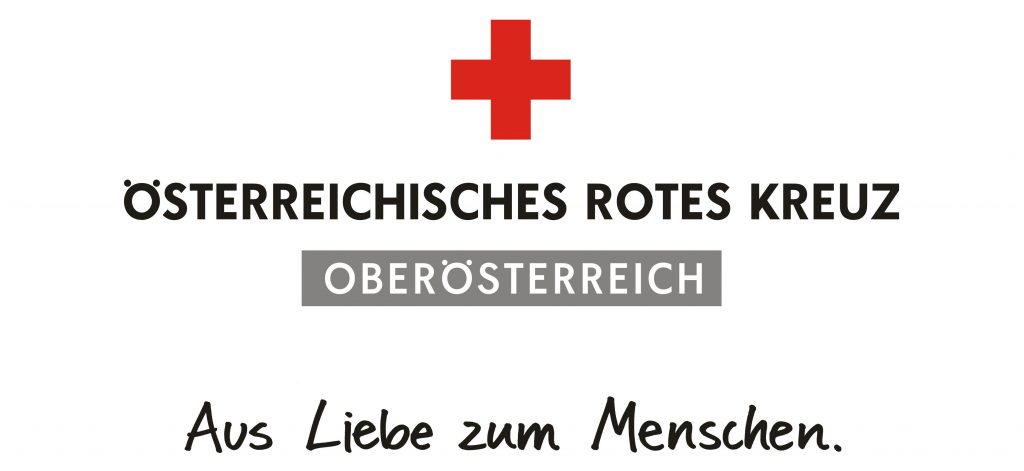
Red Cross of Upper Austria
The Red Cross of Upper Austria and the blood bank Linz belong to the Austrian Red Cross. Besides providing emergency ambulances and catastrophe assistance, the Red Cross has a blood program that handles blood donations and their analysis with a strong emphasis on laboratory work and research.
STEM–GMP: Anja Peterbauer-Scherb
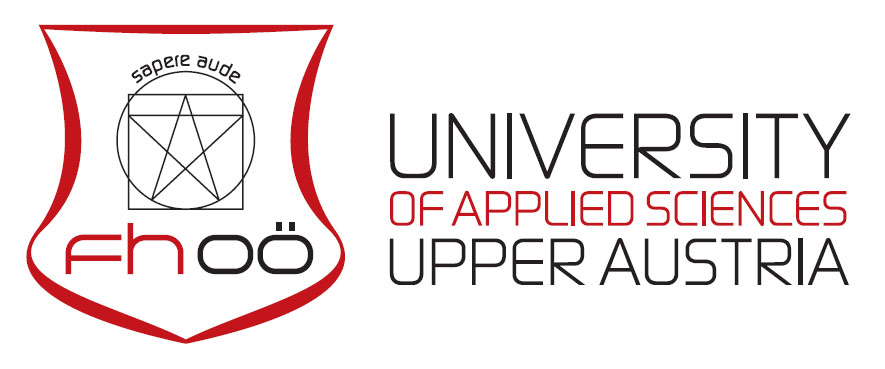
University of Applied Sciences Upper Austria
The University of Applied Sciences Upper Austria is a teaching and research institution with a focus on practice-orientation. Its fields of competence are distrubuted to four campuses in different towns in Upper Austria, with Linz being specialized in Social Services and Health Technologies.
Nanoscience: Jaroslaw Jacak
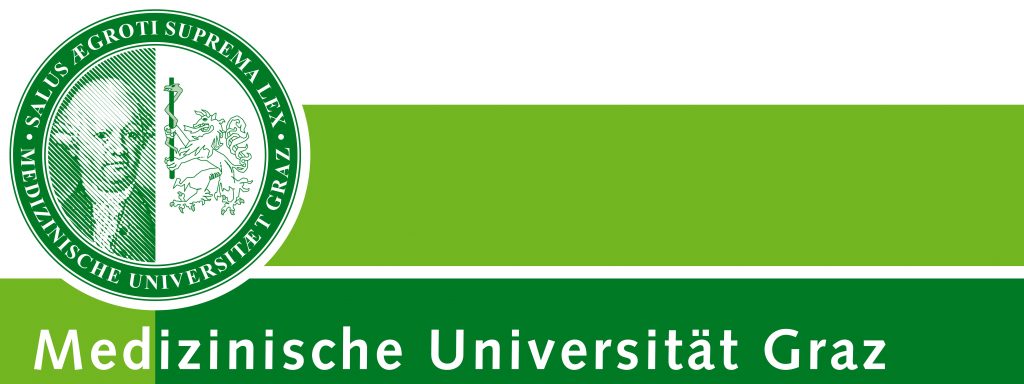
Medical University of Graz
After being part of the University of Graz as a faculty for nearly 150 years, the Medical University of Graz was officially founded in 2004. Its innovative capacity is bundled in four research fields and the general approach of sustainable health research. In 2012 it became the first university in Austria to celebrate a White Coat Ceremony.
Regenerative Medicine: Lars Kamolz

University of Veterinary Medicine Vienna
Being the oldest academic educational and research institution on veterinary sciences in the German-speaking world, the University of Veterinary Medicine Vienna has a long history of exploring animal welfare, housing and ethics. Responsible teaching, visionary research and ambitions healing are its key principles. Its membership in the Cluster demonstrates that regeneration is not only about human patients.
Arthrosis: Florien Jenner
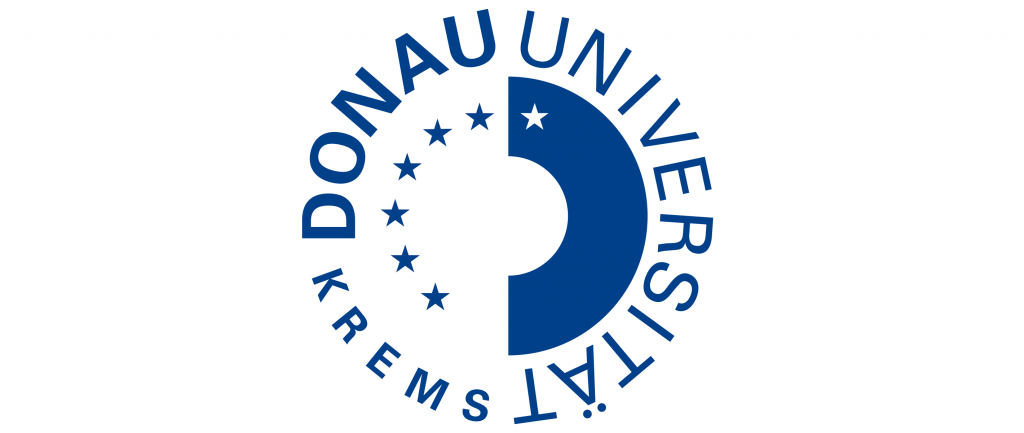
Danube University Krems
Specialized in continuing education and lifelong-learning, the Danube University Krems is oriented towards the needs of working professionals. This is reflected in its focus on application-oriented research and industry cooperations. Innovative teaching and learning methods promote interdisciplinary education in future-oriented sectors.
Experimental medicine: Michael Bernhard Fischer
Regenerative medicine: Stefan Nehrer

LBG Research Group: Senescence and Healing of Wounds
At LBG-SHoW, the Ludwig Boltzmann Research Group for Senescence and Healing of Wounds, a unique combination of researchers from the natural and social sciences is working on improving the lives of people with non-healing wounds. Their biomedical research group is looking into the cellular mechanisms of wounding and senescence.
Cell senescence and wound healing: Mikolaj Ogrodnik
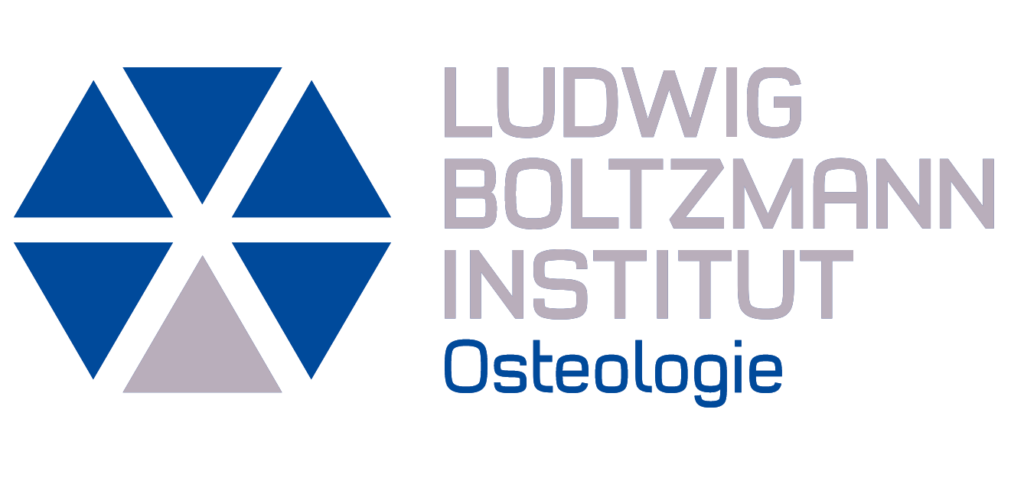
Ludwig Boltzmann Institute for Osteology
The LBI of Osteology is the scientific core center within a multidisciplinary clinical network located at the Hanusch Hospital and the Trauma Centre Meidling targeting diagnosis and treatment of bone and joint diseases. Its mission is to achieve the highest level of scientific excellence through basic and clinical research in osteology, as well as the training of young scientists and clinicians. The primary goal is the improvement of patient care. Towards this goal, the study of bone is undertaken at all hierarchical levels through a multidisciplinary approach by a worldwide unique combination of techniques.
Bone diseases: Jochen Zwerina